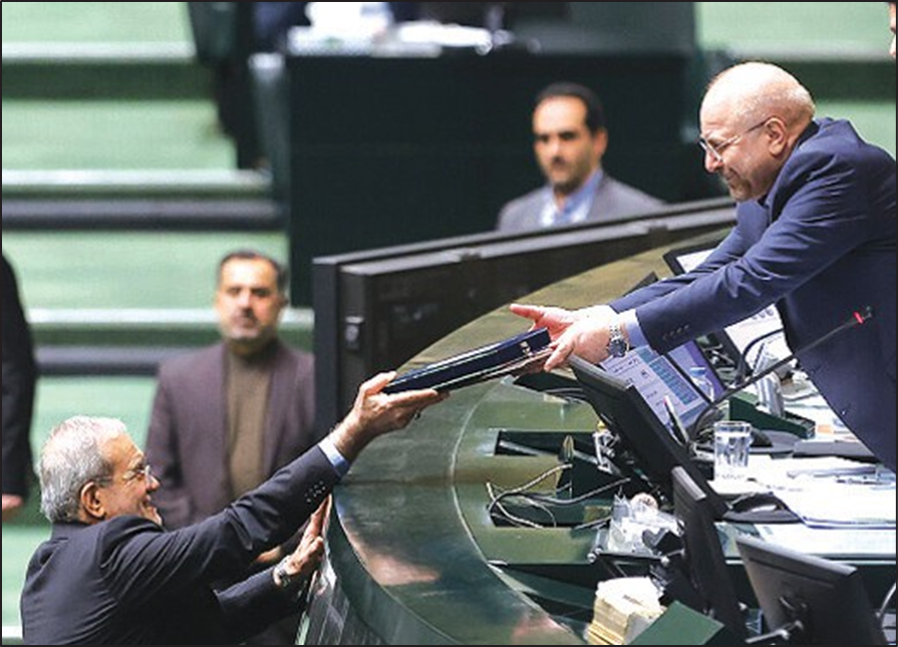headlined “The Achievements of the Baghdad Meeting” and published by the daily Jam-e Jam on May 26. This is typical of commentaries in the Tehran dailies, both in its substance and lack of clarity
The nuclear story of our country, which started in the year 1381 [2002-03], will soon be 10 years old. Its longevity is mostly due to the West’s political posture against the Islamic Republic of Iran rather than to the nuclear activities of the Islamic Republic of Iran—the hostile posture along with the double standards and the disdain for the Iranian people.
This 10-year-old train passed through Baghdad, its 35th station [meeting], and will reach the Moscow station on the 29th of Khordad [June 18].
How many more stations this train will pass through and at which station it will reach its final destination is unknown, yet overall one can predict that this path is going to be a long one. Still, considering Iran’s logic and stability and its reliance on God, its end will be the obedience of the declining powers of the world to the rights of the Iranian people.
What happened at the Baghdad meeting? Baghdad, as per the suggestion of the Islamic Republic of Iran, hosted the P5+1 talks on the anniversary of the liberation of Khorramshahr [during the Iran-Iraq]. Given the confluence of these two facts, it is clear that the P5+1 would not allow Baghdad to become a milestone for nuclear talks.
However, there were several important points that resulted from the Baghdad talks. First, the members of the P5+1, particularly the Western members, once again saw the insistance of the Islamic Republic of Iran on its principal positions, positions such as peaceful nuclear technology for everybody and nuclear weapons for no one, both with regards to the rights and responsibilities of Non-Proliferation Treaty signatories and the right to enrich uranium. They also saw that the poisonous atmosphere they created prior to the Baghdad talks could not affect these positions.
Second, the Islamic Republic of Iran and the P5+1 presented their proposed packages containing topics on which they wish to negotiate. This action will be an effective step toward removing ambiguities on the issues agreed upon between the two sides.
Clarifying the issues and striking an agreement on them can relieve confusion and help the negotiations move forward.
The third achievement of the Baghdad talks was the obedience of the P5+1 to the demands of the Iranian negotiating delegation. Iran asked that the subject of these negotiations not be restricted to our country’s nuclear activities but that other important regional issues—ones that could lead to cooperation among the parties—be considered in these negotiations.
Therefore, Iran suggested discussion of the situation in Bahrain and the right of the people of this country to determine their own destiny, and the P5+1 suggested dealing with pirates and drug control topics.
The agreement to continue negotiations, and choosing Moscow for the next round of talks, is another positive sign of the Baghdad talks.
Finally, the energy to focus Iran’s talks with the P5+1 on the most important issues of Iran and the world and tying irrelevant issues or less relevant issues to this matter was eliminated at the Baghdad station, and once again the conditions for moderating these negotiations have been created.
Those people who followed the Baghdad talks not because of their actual content but because of their impact on current issues should realize that they should not wait for these talks to change destiny. This train passed through those 35 stations over 10 years, and it can continue along for another 10 years—or even more.



















